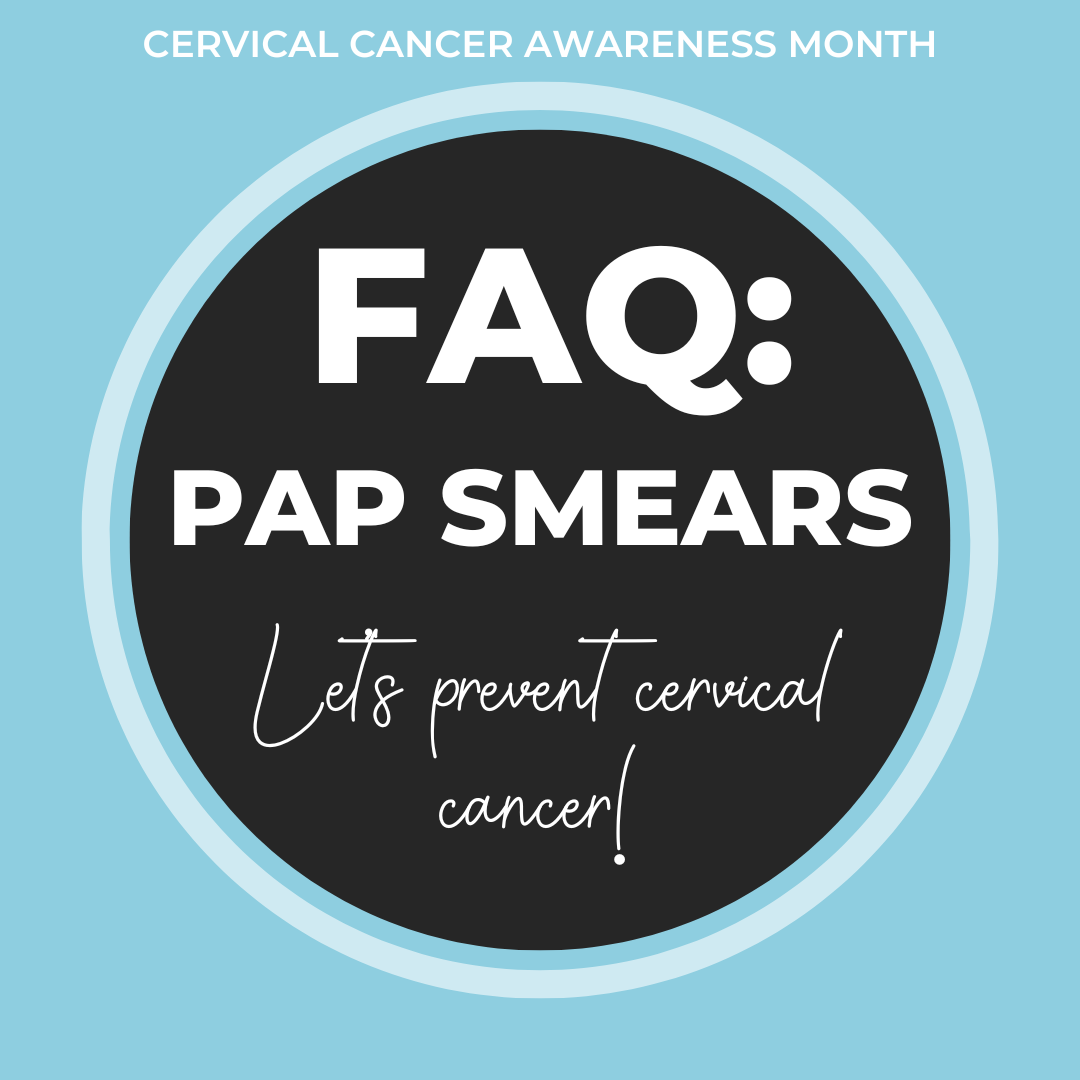Cervical cancer is one of the most preventable types of cancer, and early detection through regular pap smears can greatly increase the chances of successful treatment. Anyone with a cervix is at risk for cervical cancer, though it is more common after the age of 30.
Q: What is a pap smear?
A: A pap smear is a simple test that can detect abnormal cell growth or cervical cancer. It involves collecting cells from the cervix (the lower part of the uterus) and analyzing them under a microscope.
Q: How often should I get a pap smear?
A: The frequency of pap smear screening can vary depending on your age and other risk factors (like genetics). In general, it is recommended every 3 years from the ages of 21-65. Pap smear screening may not be necessary after the age of 65.
Q: Can I have sex or use tampons before a pap smear?
A: It is best to avoid sexual intercourse, douching, or using tampons for 24 hours before a pap smear to avoid contamination of the sample.
Q: What can I expect during a pap smear?
A: During your pelvic exam, we will use a speculum to gently separate the vaginal walls and use a small swab to collect cells from the cervix.
Q: Do pap smears hurt?
A: The process is typically quick and painless, though there are some reasons why pap smears could affect some people more than others. Vaginismus, endometriosis, vaginal dryness, cervical ectropion, and/or high levels of anxiety may contribute to discomfort. We will go at your pace and make sure you are well informed and comfortable before we begin.
Pap smears can detect cervical cancer in its early stages, so make sure to add them to your healthcare routine.
Contact us to make your appointment!

